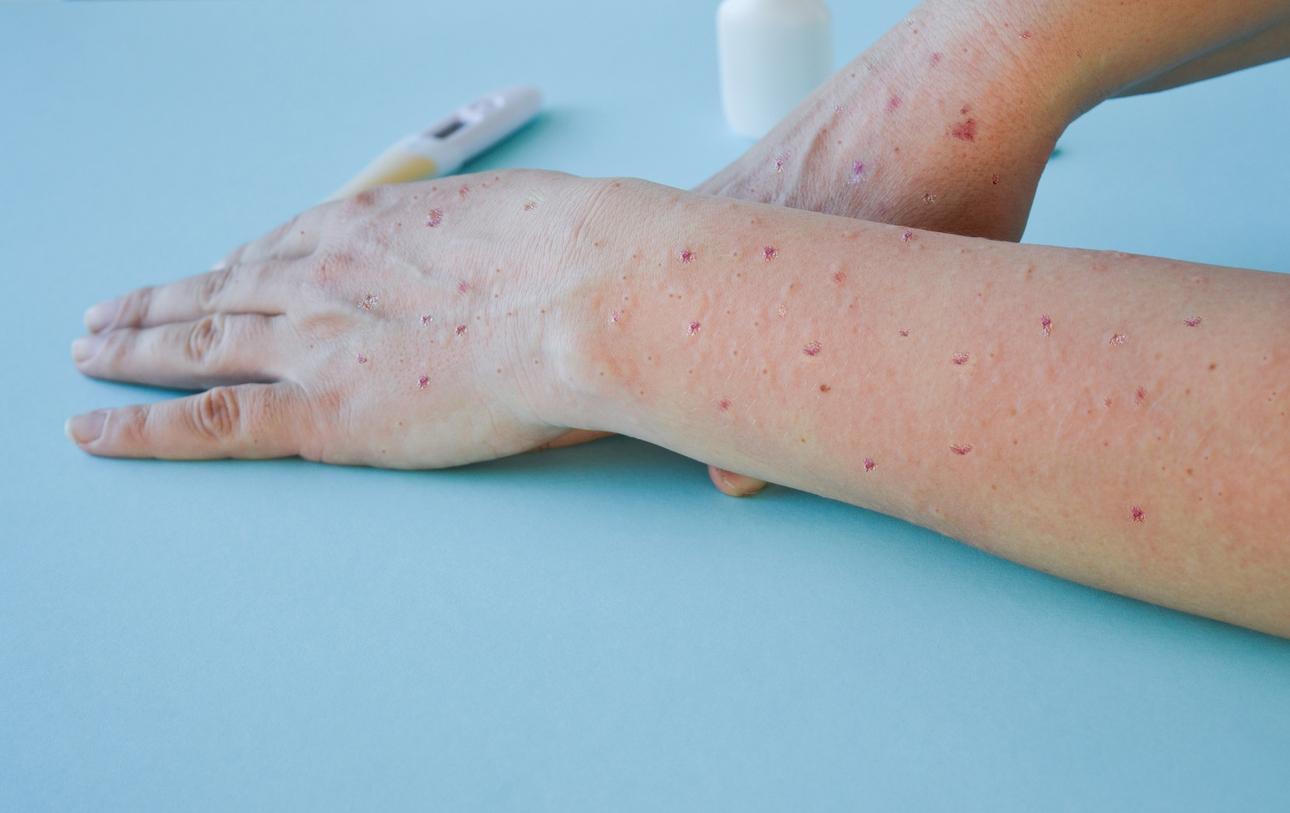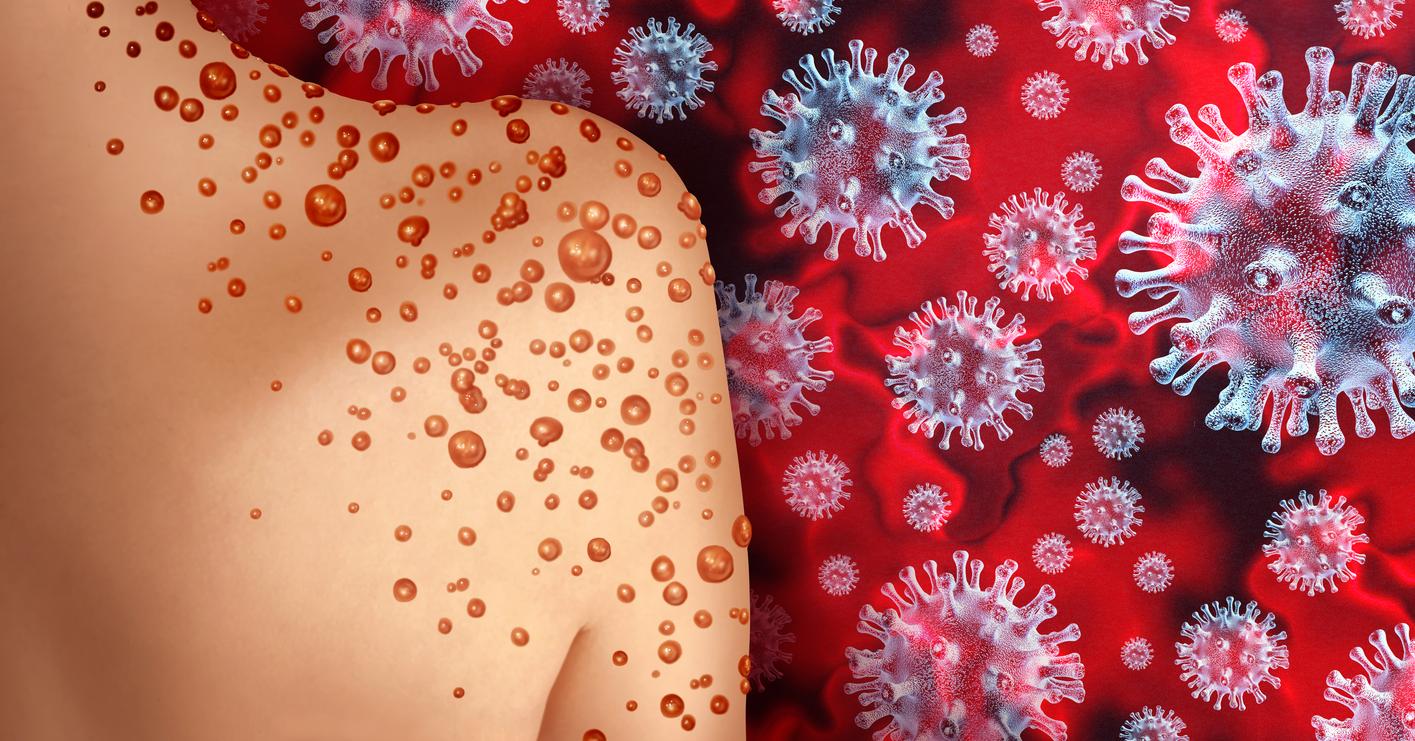The consumption of trans fatty acids increases the risk of cardiovascular disorders. The WHO wants to eliminate them, but it finds that they are still too present in food.

- No low-income country has yet adopted the measures recommended by the WHO to eliminate trans fatty acids.
- Every year worldwide, the consumption of trans fatty acids is responsible for 500,000 premature deaths from coronary heart disease, according to the WHO.
Dairy products, meat, pastries, industrial pizzas, ready meals… all these products contain trans fatty acids, of natural or industrial origin. For several years, science has shown that excessive consumption of trans fatty acids increases the risk of cardiovascular disease. The World Health Organization has therefore called for no longer producing them industrially in order to gradually eliminate them from the diet. In a communicated, published on January 23, she notes that these products are still too present in the world. “Five billion people worldwide are still at risk of the devastating health effects of trans fatty acids.warns the WHO.
“Yesterday WHO published a major report on #transfatshowing that globally, 5 billion people remain unprotected from these toxic chemicals that are used in many foods, and increase the risk of heart disease and death”-@DrTedros https://t.co/17CRtNU5VI
— World Health Organization (WHO) (@WHO) January 24, 2023
Trans fatty acids: what are we talking about?
“Trans fatty acids are unsaturated fatty acids, of which at least one double bond is in the trans position, unlike the unsaturated fatty acids synthesized by the body whose double bonds are in the cis position.“, precise ANSES. These compounds are generally used by the food industry as a stabilizer or preservative. “They make food firmer and more stable, therefore less prone to rancidity”, explains ANSES. But they are also naturally present in certain animal products. Bacteria present in the stomachs of ruminants generate trans fatty acids, which are thus found in milk or meat. Sometimes they form during a transformation process such as heating vegetable oil.
WHO: what are the health dangers of trans fatty acids?
“Trans fatty acids have no known benefits and pose enormous health risks that result in enormous costs to healthcare systemssays WHO Director-General Dr.r Tedros Adhanom Ghebreyesus. (…) To put it simply, trans fats are a toxic, killer chemical that shouldn’t be in food. It’s time to get rid of it once and for all.“According to ANSES, excessive consumption of trans fatty acids leads to an increase in bad cholesterol, LDL, which increases the risk of cardiovascular disease. “However, no increase in cardiovascular risk has been demonstrated with the consumption of trans fatty acids of natural origin, at the levels of consumption currently observed in France.“, says the agency.
Trans fatty acids: which countries are lagging behind according to the WHO?
In 2018, the WHO set a goal: to eliminate trans fatty acids by 2023. According to its latest report, 43 countries are now applying best practices to eliminate trans fatty acids in food, and this corresponds to the protection of 2.8 billion people. On the other hand, efforts are still insufficient in several States.
“Currently, 9 of the 16 countries with the highest estimated rate of coronary heart disease deaths from trans fatty acid consumption do not have best practice policies”, the statement said. These are Australia, Azerbaijan, Bhutan, Ecuador, Egypt, Iran, Nepal, Pakistan and South Korea.
For the World Health Organization, there are two main measures, essential to reduce the consumption of trans fatty acids: “Imimpose a national limit of 2 grams of industrially produced trans fatty acids per 100 grams of total fat in all foods” And “prohibit at the national level the production or use of partially hydrogenated oils (which are a significant source of trans fatty acids) as ingredients in all foods”. The WHO has developed a guide with guidance to help countries lagging behind in reducing their population’s exposure to trans fatty acids.


















